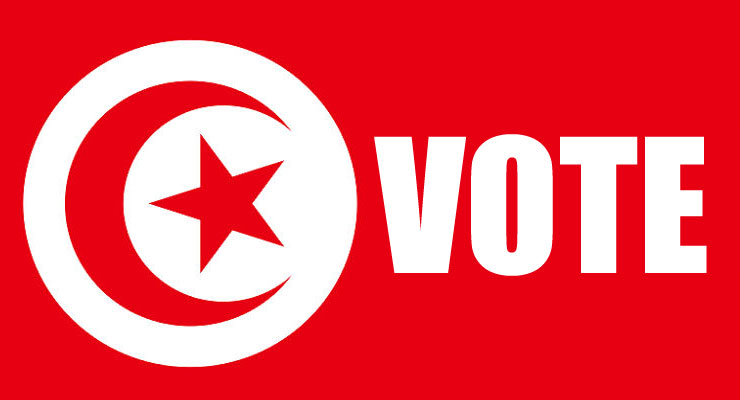 This article is by International Foundation for Electoral Systems (IFES). Here is an excerpt:
This article is by International Foundation for Electoral Systems (IFES). Here is an excerpt:
A free press fueled by expert journalism is the backbone of any democracy. Journalists hold people in power to account, expose wrongdoing and provide citizens with the knowledge they need to make informed decisions. Similarly, local reporting covers local public affairs, holds local elites accountable, provides a forum for discussion and ties communities together by giving them a sense of purpose and civic engagement within their localities. However, when local media professionals lack the necessary resources, knowledge and tools, they struggle to play this role. This is especially true outside of the capital, Tunis and in remote regional areas, where journalists have little financial and professional capacity.
With funding from the Swiss Agency for Development and Cooperation (SDC) and the United Kingdom Foreign Commonwealth Department Office (FCDO), the International Foundation for Electoral Systems (IFES) implemented a program entitled Local Democracy Reporters (LDRs), or Mourasiloun (“Reporters” in Arabic). Through a competitive selection process that garnered more than 200 applications, IFES identified 24 motivated Mourasiloun (17 women and seven men from 16 different governorates) from both citizen and professional media outlets. Through a series of workshops, IFES trained the Mourasiloun on issues related to the legal framework for decentralization and local governance; journalistic genres; journalism ethics; inclusive journalism; Mobile Journalism (MoJo) and photojournalism; how to effectively produce stories for the web and social media; tools for fact-checking, data journalism and visualization; and safety and security for journalists.
Applying their new skills and knowledge, the Mourasiloun collectively produced 128 media pieces. As a final project, each journalist produced a professional-quality, long-form news report covering a local story from their municipality. Among others, the pieces covered topics such as campaign promises made by municipal councilors about providing basic services to their constituencies once elected; the criminalization and social exclusion of the LGBTQIA+ community from local government positions; evaluation of the Utique municipality’s (Bizerte) participatory approach to governance; political participation of minority communities, such as Tunisian Jews and Amazigh, in municipal work in Djerba; the role of municipalities in eliminating industrial pollution in Gabes; and the evaluation of municipal work and the implementation of electoral promises in the municipality of Zanoush (Gafsa Governorate).
Read the full article here.
Leave a Reply